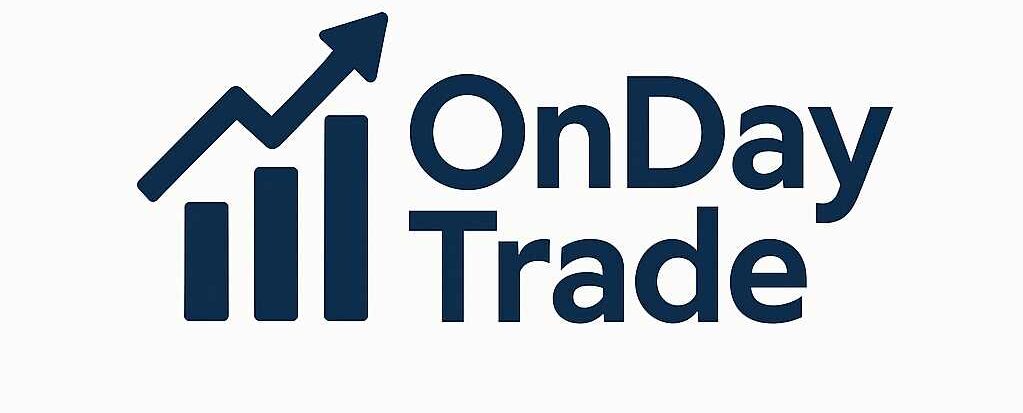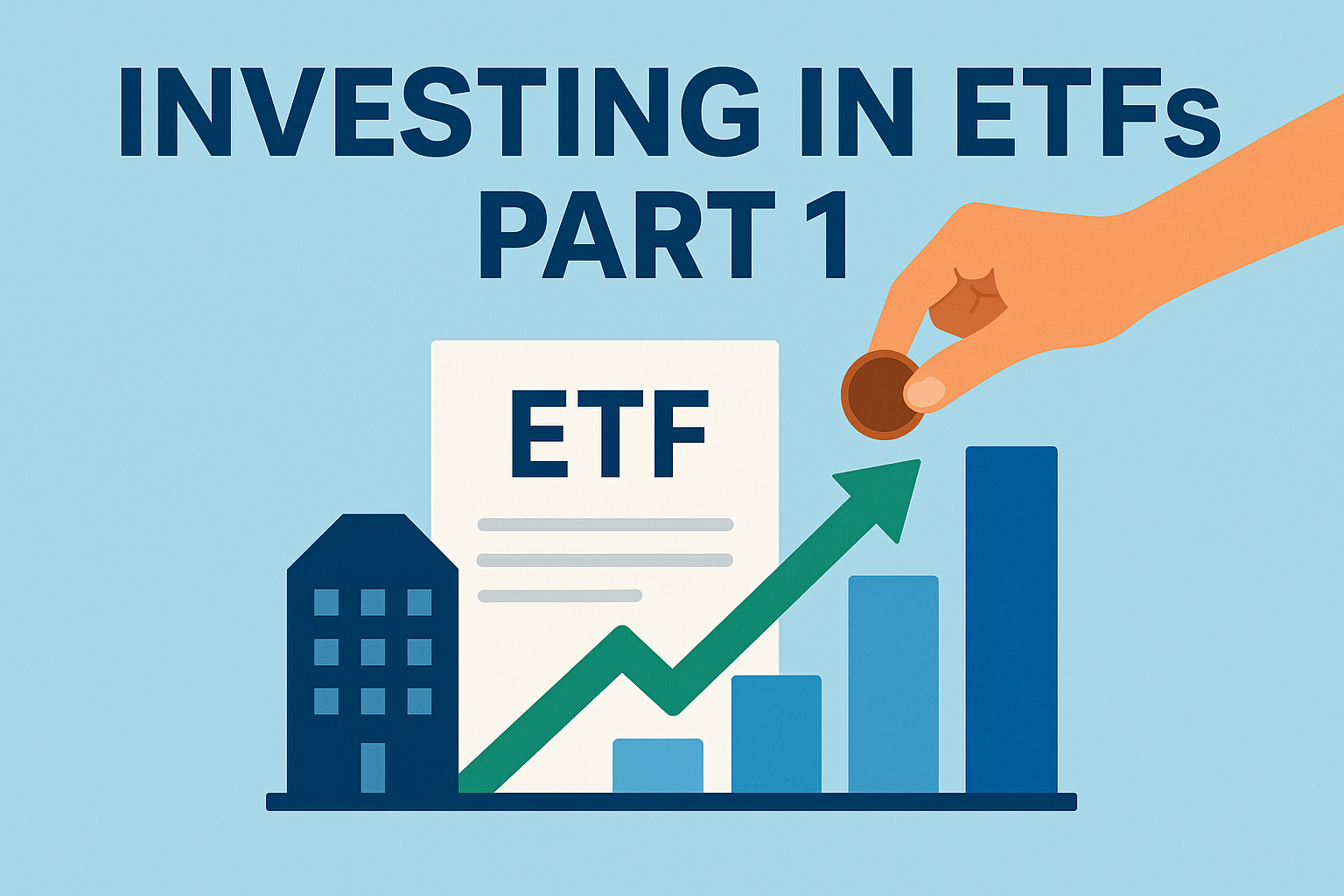In part 1 of our ETF series, we explain what you need to know about ETFs: how they work, whether you should invest in them, and what you should consider.
Still no idea how investing in ETFs works? Then our ETF series is just the thing for you! Let’s start with Part 1:
Stocks or ETFs? How they’re connected
You’ve probably heard of stocks and that they’re somehow connected to ETFs. With stocks, it works like this: If you buy a share in Apple Inc., you own a small part of the company. The company can then do business with your money.
In the best case scenario, the money grows significantly, and Apple Inc. gives you back some of its success. This profit share is called a dividend. The more successful Apple Inc.’s shares are, the more each share costs. So you might buy them for €50, and after a year they’re worth €60. This increase in value plus the dividend is called a return, and the higher the return, the better for you. You can sell the share at any time and potentially enjoy the profit.
But that could have backfired, because the share price can also fall at any time. If you then sell, you lose money. A loss is not that unlikely, especially with individual stocks. Investors who invest in stocks of specific companies typically regularly study the industry and the company’s financial results. If you simply want to invest your money without having to deal with it intensively on a daily basis, individual stocks are probably not for you.
Individual stocks vs. equity funds.
This is why many people prefer equity funds. These funds contain not just one stock, but many stocks from different companies and sectors. An equity ETF is also an equity fund. The difference is that, unlike equity ETFs, regular equity funds are managed by a fund manager. This is why they are also called “active funds.” Sound relaxed? Yes, but the fund manager also costs money, of course, and that comes at the expense of your returns.
And what about ETFs?
Equity ETFs are “passive funds” that run virtually automatically—that is, without a manager. And who monitors which stocks end up in your ETF and thus in your portfolio? That’s determined by the index on which the ETF is based.
Index? What’s that again?!
A stock index you’ve probably heard of is the DAX. It tracks the performance of the 40 largest stock corporations in Germany. ETFs replicate the index, meaning the stocks in your portfolio end up exactly the same as those in your ETF’s index. If you had an ETF that tracked the DAX, you’d be invested in most of the German economy. But if that economy isn’t doing well, things won’t look rosy for your portfolio either. That’s why you should never invest in just one country or one sector.
Instead: Invest globally!
There are also indices that cover several countries, sectors, or practically the entire world. After all, the economy may be doing poorly in one country or sector, but well in another. This broad exposure also spreads your risk more widely, and price fluctuations across markets can balance each other out. The best-known of these indices is the MSCI World. It contains 1,600 stocks from 23 industrialized countries. With an ETF on the MSCI World, you are automatically invested in the largest companies from all sectors of the industrialized countries.
Conclusion: A global equity ETF is currently the most sensible investment for your long-term wealth accumulation and retirement planning. Here, your money has the chance to grow, not decrease, over the long term. And unlike individual stocks or even cryptocurrencies, ETFs offer manageable risk—provided you invest your money in the ETF for at least 15 years. However, you should also keep in mind that in certain situations or for some people, putting money into ETFs doesn’t necessarily make sense.
Do you know anyone else who’s confused about ETFs? Then share this article with them!
Here you’ll find:
Part 2: Who should invest in ETFs and why?
Part 3: How and in which ETFs should you invest?
Part 4: What you absolutely need to know about ETF taxes

